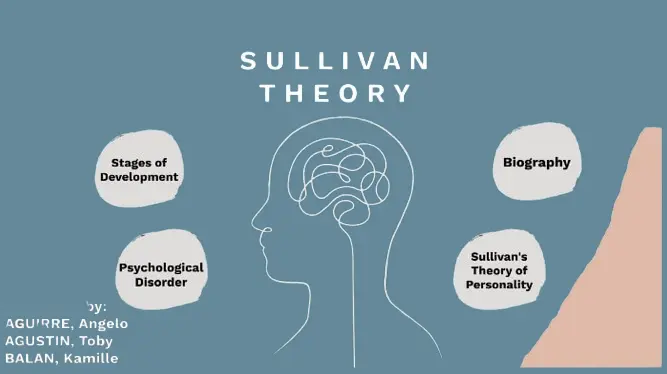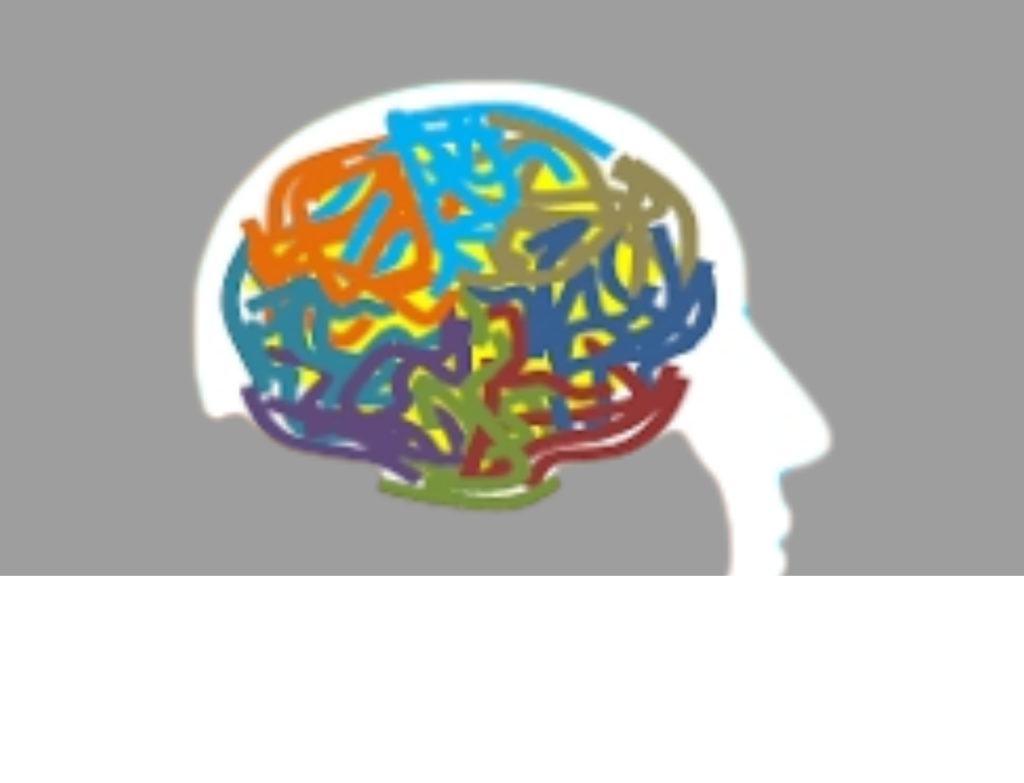Our mind and body are connected, this implies that our bodily functioning can be influenced either positively or negatively by our thoughts, feelings, beliefs, and attitudes. To put it another way, our thoughts have an impact on our physical well-being .However, our physical actions—such as our diet, level of activity, and even posture—can have a favorable or bad effect on our mental health. As a result, our bodies and minds have intricate relationships.
Despite how they are frequently viewed, the mind and the body are not two distinct things. There is a close relationship between mental and physical well-being; this relationship is called the mind-body link.
Our thoughts and views, as well as our mood and emotions, are influenced by our chemistry and biology. These elements collectively have a significant impact on our stress levels and physical well-being. If you’ve ever experienced the mind-body link and felt your gut tighten up while you were nervous,
What does the term “mind-body” mean?
The capabilities of our brain as a potent organ go beyond simple cognitive activities. For instance, our brain releases hormones like oxytocin (a pleasure response) and cortisol (a stress reaction) when we go through an emotional event. These substances influence numerous physiological processes not only in our brain but also throughout our body.
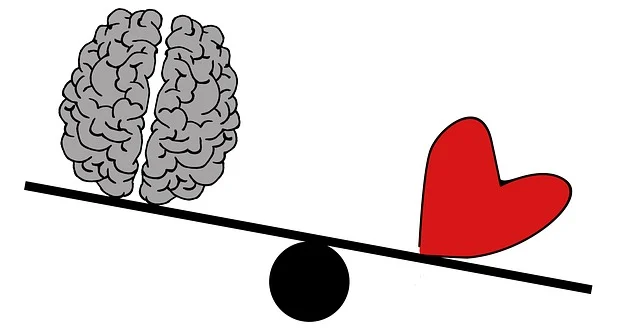
An excellent illustration is the body’s fight-or-flight reaction. Our body reacts to perceived threats by raising pulse rate, breathing more quickly, and producing an adrenaline rush. This is known as the mind-body connection. This is the intellect directing a bodily response.
The relationship between the mind and body is reciprocal. Our physical state can have an impact on our mental health, just as our mind can have an impact on our body. For example, regular exercise has been proved to lessen the symptoms of anxiety and sadness in addition to being beneficial to our heart and muscles.
What is the history of mind-body connection?
The concept of the mind-body link is by no means novel. The mind and body were considered as one unit in almost every medical system in the world until around 300 years ago. However, the Western culture began to view the mind and body as two separate things from the 17th century. According to this perspective, the body was completely disconnected from the consciousness and resembled a machine with interchangeable, independent parts.
There were undoubtedly advantages to this Western perspective, which laid the groundwork for advancements in allopathic medicine, including surgery, trauma treatment, and medications. But it also minimized humankind’s intrinsic capacity for healing and drastically curtailed scientific research into the emotional and spiritual lives of people.
Over the course of the 20th century, this perspective began to shift. Scholars commenced investigating the correlation between the mind and body, presenting intricate connections between the two through scientific means. “Extensive research has confirmed the medical and mental benefits of meditation, mindfulness training, yoga, and other mind-body practices,” according to Stanford University integrative psychiatrist James Lake, MD.
The benefits of mind-body connection
Improving the communication between your mind and body could have positive effects on every aspect of your life. It may even help you better control your emotions. It can also help lower stress and encourage better sleep.
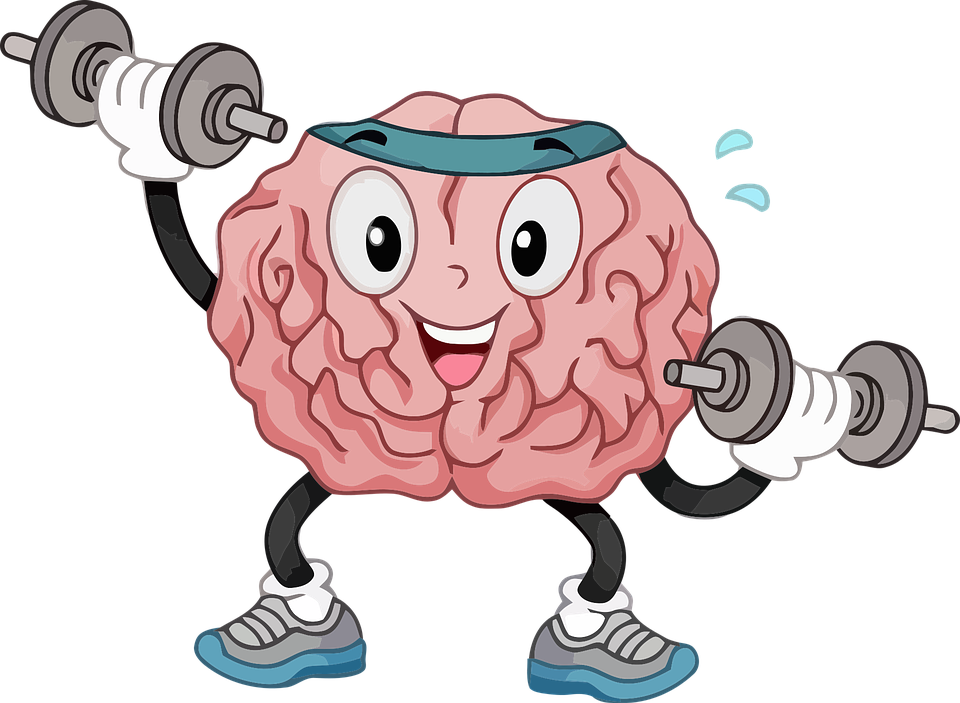
1. Reduction of stress
Increased resilience against everyday stressors may be facilitated by a more robust mind-body connection. Being more aware of our bodies can help us recognize the early warning signals of stress, such stiff muscles or a rapid heartbeat. Early detection of these can result in prompt interventions to better counteract and manage stress, such as deep breathing exercises or mindfulness training.
2. Improved slumber
A harmonious body and mind can frequently result in improved sleep. Techniques that strengthen this bond, including progressive muscle relaxation or guided imagery, can reduce mental and physical stress and get the body ready for sound sleep.
3. A greater sense of self
Strengthening your mind-body connection might help you become more self-aware. We can better comprehend our physical reactions to different emotional or environmental triggers when we have this increased awareness.
Improving the mind-body connection may also help us gain understanding of our routines, which will help us make wise decisions regarding our daily activities, diet, and emotional handling. Better decision-making and health may result from this.
Six techniques to improve the mind-body relationship
By adding a few easy yet powerful habits to your daily or weekly routine, you can improve the connection between your body and mind. Recall that persistent practice leads to increased awareness and attention to the connection rather than perfection.
1.Mindfulness
The foundation of creating a more robust mind-body connection is mindfulness. Start practicing mindfulness now to help you become more aware of the present moment. To feel totally present in the moment, try eating thoughtfully, going for a mindful walk, exploring a gratitude practice, doing a body scan meditation, or engaging in any other grounding technique.
2. Breathing exercises
The link between our conscious and unconscious minds is created through breathwork. It’s an effective tool for establishing a mental-physical connection. Certain breathing techniques can revitalize the body and soothe the psyche.
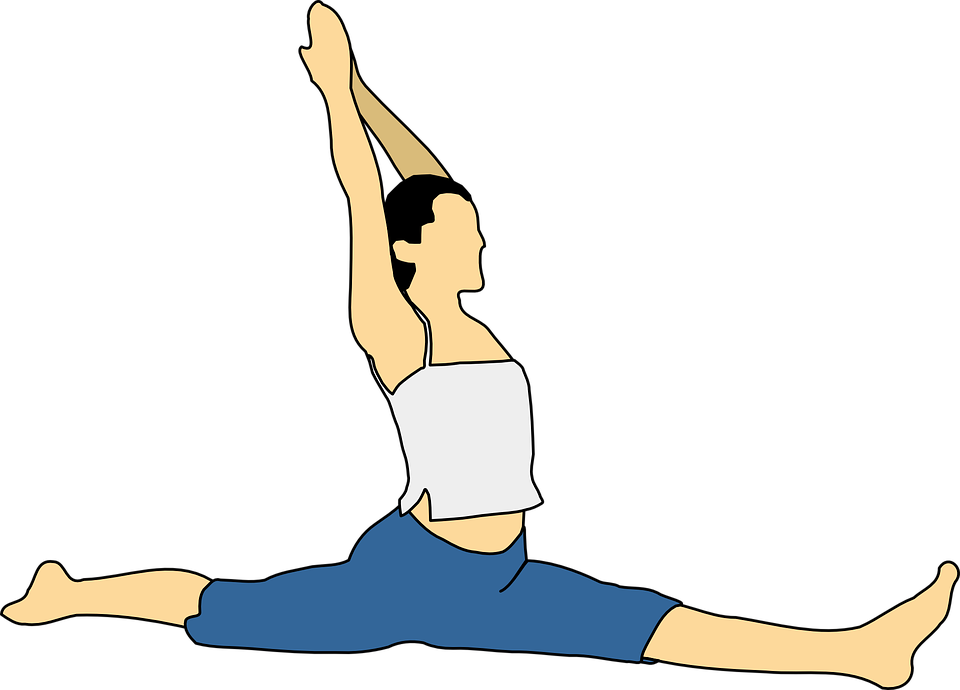
One useful place to start is with breathing exercises like diaphragmatic or alternate nostril breathing. It has been demonstrated that controlled breathing exercises can help with emotional control, increased focus, and increased physical endurance.
3. Visualization
By imagining happy scenarios or results, visualization can help people relax and experience less tension. The mind-body link is powerful because it can cause the body to physically relax by mentally transporting oneself to a serene beach or forest, for example.
Any method for producing pictures, charts, or animations to convey a message is called visualization. Since the beginning of time, visual imagery has been a powerful tool for communicating concepts, both concrete and abstract.
4. The progressive relaxation of muscles (PMR)
Each muscle group in the body is tensed and then released as part of progressive muscle relaxation. You can become more adept at identifying and letting go of physical tension during this process, which will promote both mental and physical relaxation.
5. Introspection
By assisting you in connecting with the thoughts, feelings, and sensations in your body and achieving a state of mental and physical equilibrium, meditation can help you develop awareness.
Regular meditation has been demonstrated to improve emotional health, minimize stress, and even have positive physiological effects including lowering blood pressure.
6. Additional physical methods
Anxiety may be lessened by physical activity, which frequently generates endogenous hormones that enhance mood. You might enhance the bond by making the conscious decision to be mentally present throughout these activities.
Qigong and Tai Chi
The Chinese martial art of tai chi, sometimes called “meditation in motion,” incorporates slow, methodical motions with deep breathing and mental concentration. The soft, flowing motions may enhance flexibility and balance, lower stress, and promote cardiovascular health. Qigong, which emphasizes employing movement to maximize energy in the body, is a practice that is comparable.
Yoga
Yoga is a kind of meditation combined with physical postures and breathe control. Yoga’s meditation aspects increase your mental clarity and peace, while the positions (asanas) help you improve your flexibility, strength, and balance.
You are essentially building the mind-body connection and practicing being present as you go through each pose, paying attention to every stretch and breath.
Frequent exercise
Though some disciplines such as yoga and tai chi focus specifically on the mind-body connection, regular physical activity of any kind, including walking, running, dancing, and swimming, may strengthen this connection.

